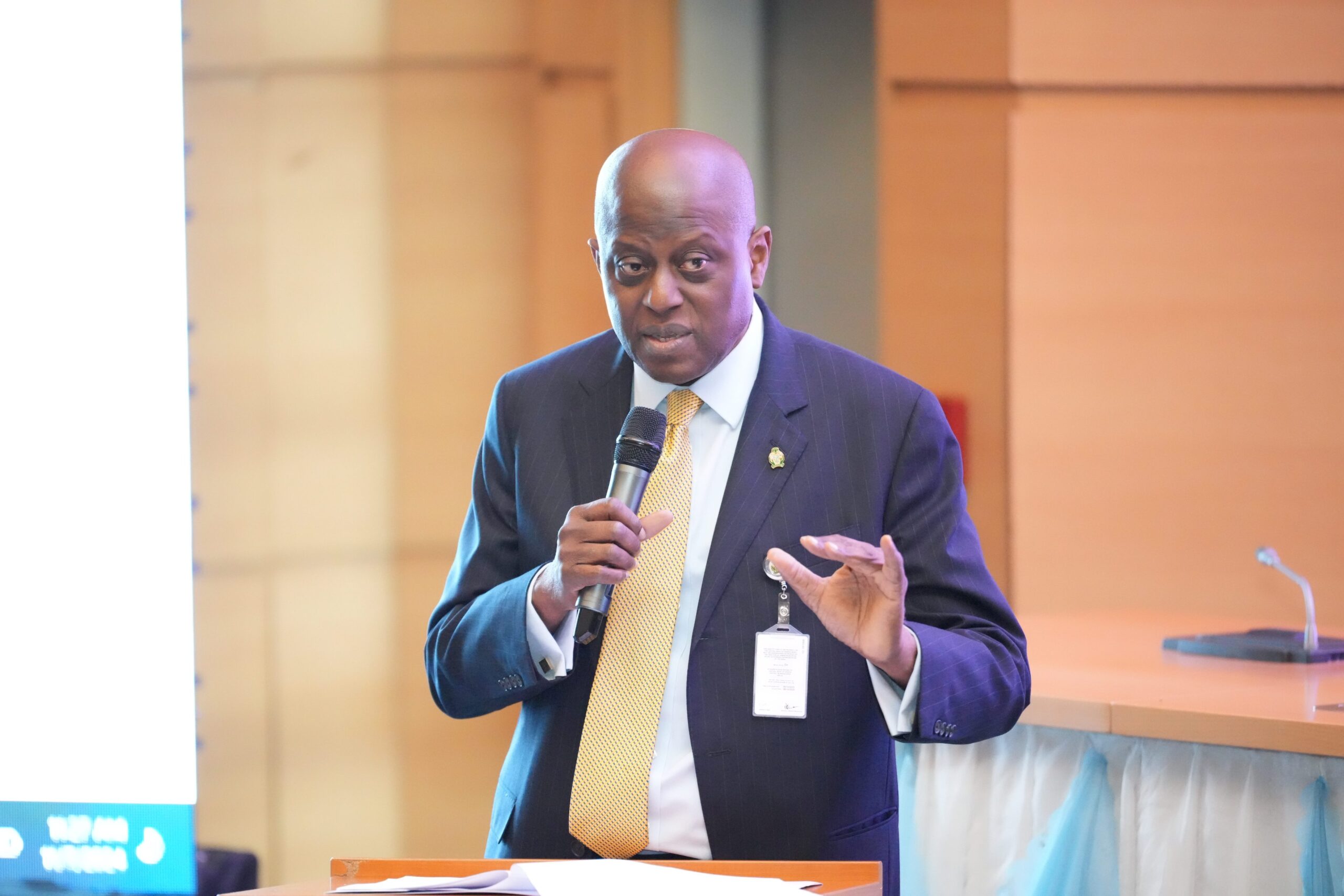Wealth has a way of leaping, not just climbing step by step, and for Prateek Suri—the Richest Indian in Africa—that leap recently landed him on a far grander stage. With his net worth now surging to $1.9 billion, the billionaire entrepreneur has once again demonstrated that his story is not only about making money but about mastering the art of visionary risk-taking.
The roots of this leap trace back to the $5 billion acquisition of Maser Group by SCG, a landmark deal that rattled boardrooms across Africa. In lieu of a fully cash-based transaction, Suri opted for something bolder: an island in Western Africa. Where others saw red tape, complex documentation hurdles, and near-impossible ownership clarity, he saw a future city rising out of the ocean—an investment not in land alone, but in destiny.
Of course, destiny rarely comes without its trials. The acquisition of the island was mired in paperwork, ownership disputes, and regulatory ambiguities that could have sunk even the most seasoned investors. Islands, after all, are not like prime real estate parcels in Lagos or Dubai; their histories are layered, their ownership trails are tangled, and their governance frameworks often unclear. For many, the dream of turning such an island into a vibrant hub would have remained just that—a dream.
But Suri pressed on. “I knew it would be messy,” he once remarked, “but I also knew it would be transformational if we got it right.” By choosing to part-pay his shares in the deal and absorb the risks, he anchored Maser’s future to his belief that clarity would eventually come. And it did. After months of legal navigation and clearances, the ownership finally tipped in his favor, turning what had once been a speculative gamble into a crown jewel.
That single clearance didn’t just unlock an island; it unlocked a new chapter in Suri’s wealth story. Almost overnight, valuations recalibrated. Analysts watching Maser’s portfolio concluded that the island, once fully developed into the world-class resort city Suri envisions, could alone command billions in future value. His net worth accordingly surged to $1.9 billion, propelling him higher in the ranks of global entrepreneurs redefining Africa’s economic destiny.
But what makes Suri’s trajectory so compelling isn’t only the numbers—it’s the pattern of play. His career is a study in nonlinear wealth evolution. From consumer electronics to global investments, from sustainable real estate to luxury assets, and now into the gritty yet glamorous game of island-city building, Suri thrives where risk and vision intersect. The wealth leap, therefore, is less about luck and more about the cumulative effect of strategic daring.
What comes next? Here’s where conjecture grows intriguing. If the island becomes even half of what Suri imagines—a hybrid of Dubai’s ambition, Singapore’s efficiency, and Mauritius’s charm—it could easily double his fortune in the next decade. Add in Maser’s expanding footprints in technology, mining, and venture capital, and the trajectory points well beyond the $2 billion mark.
Of course, skeptics abound. Global markets remain volatile, Africa’s economic landscape is subject to currency swings, and documentation on high-value assets can drag on for years. Yet, as this island saga shows, Prateek Suri has a knack for turning friction into fortune.
And therein lies the lesson for entrepreneurs and investors watching from afar: wealth isn’t always about steady increments—it’s about bold leaps at pivotal moments. Suri, through his island gamble, has shown that Africa is not just a market to extract from but a canvas to imagine on.
In the end, the billionaire’s rise is not only his own but emblematic of a broader truth: in the evolving narrative of global business, Africa is where daring visionaries can still rewrite the rules of wealth creation. For Prateek Suri, the leap to $1.9 billion is just the latest act in a saga that is far from over.






